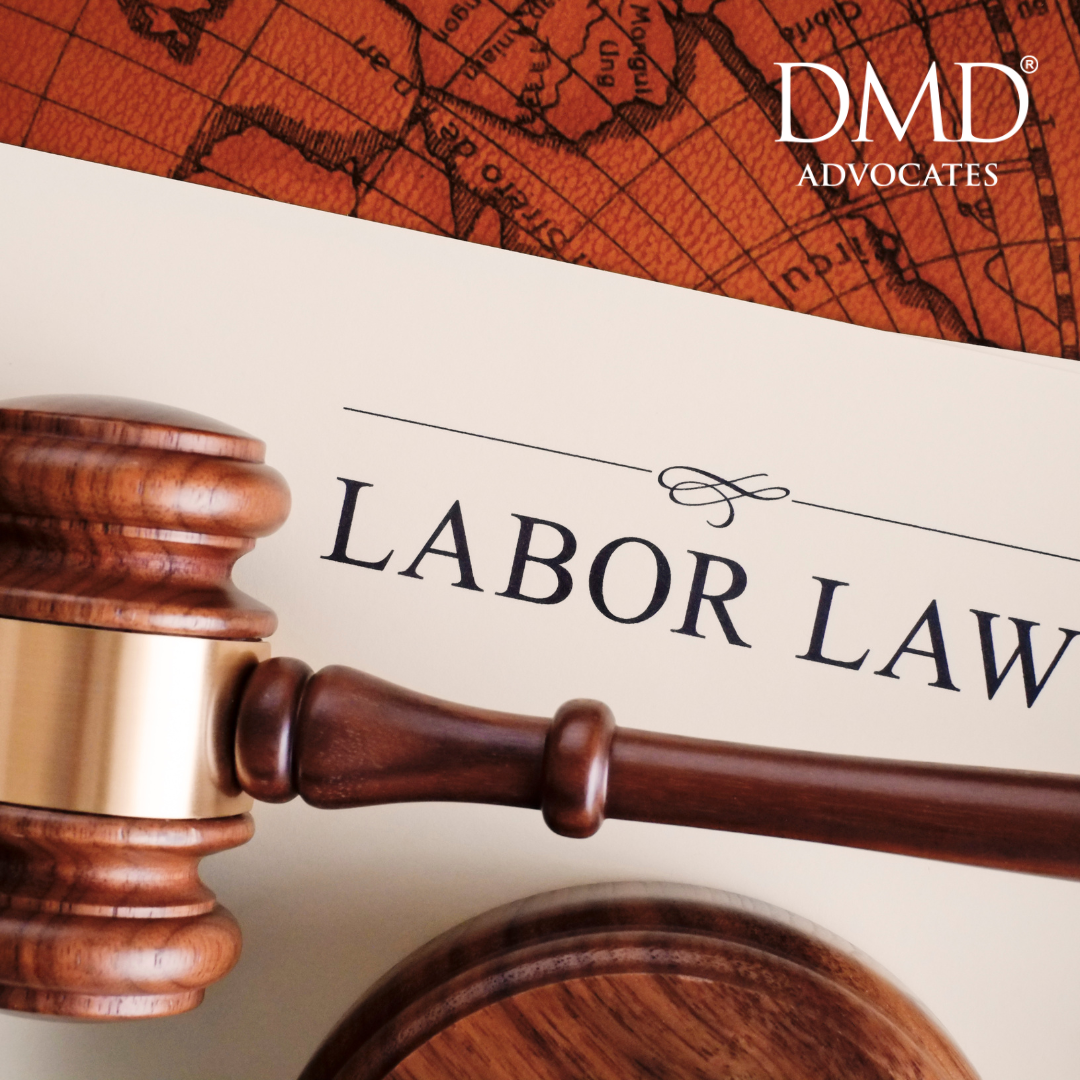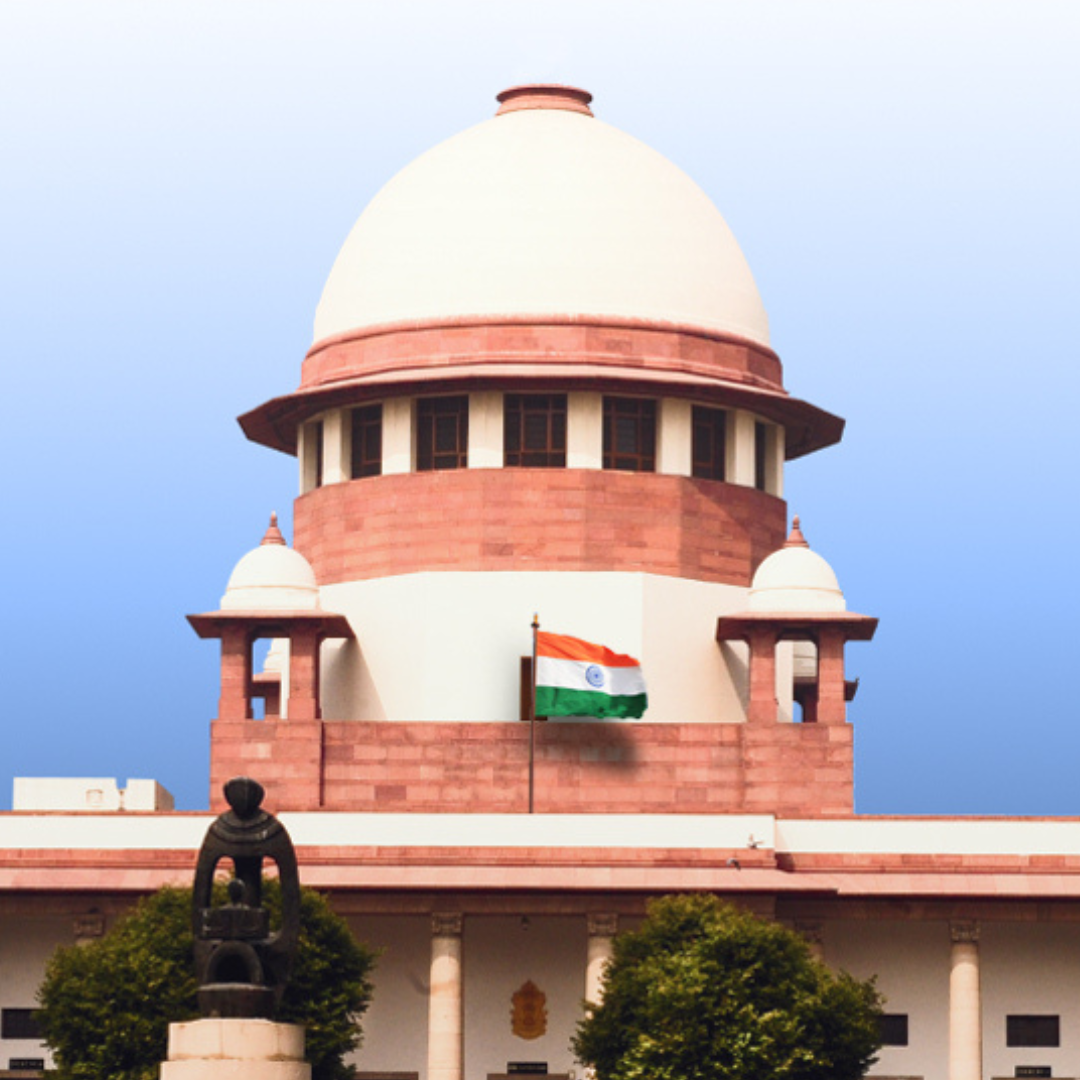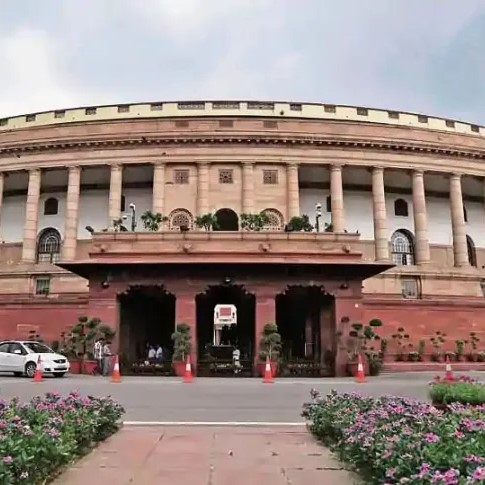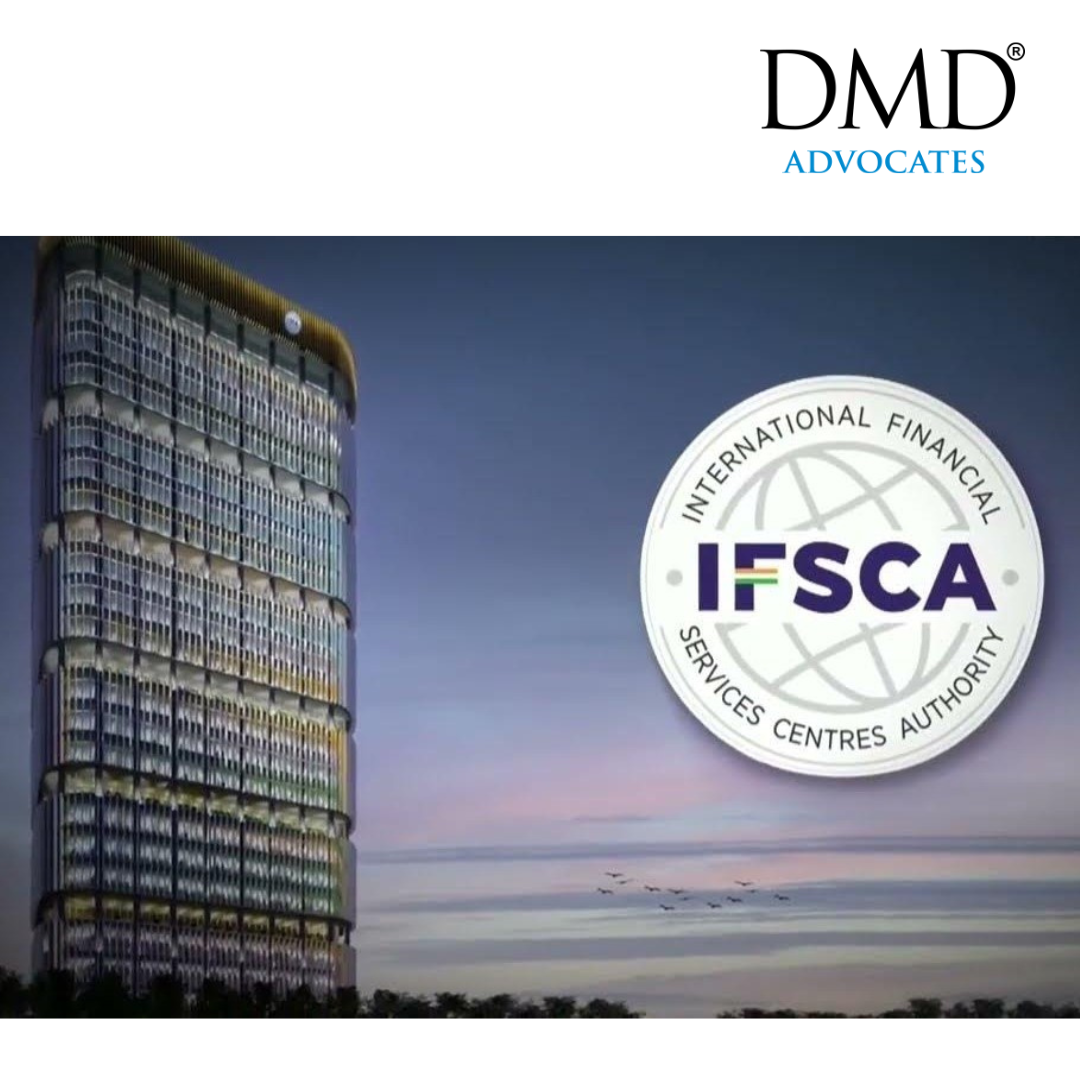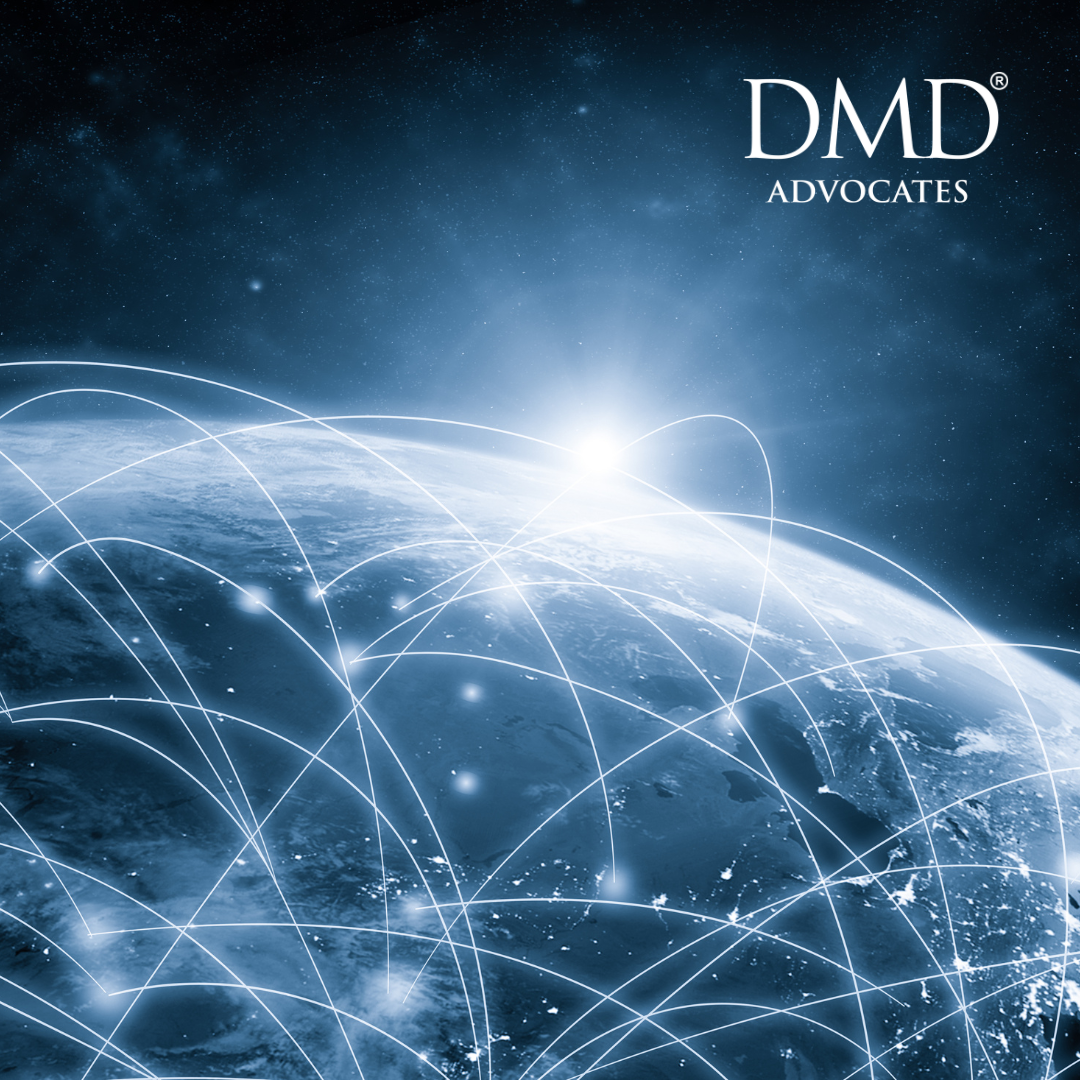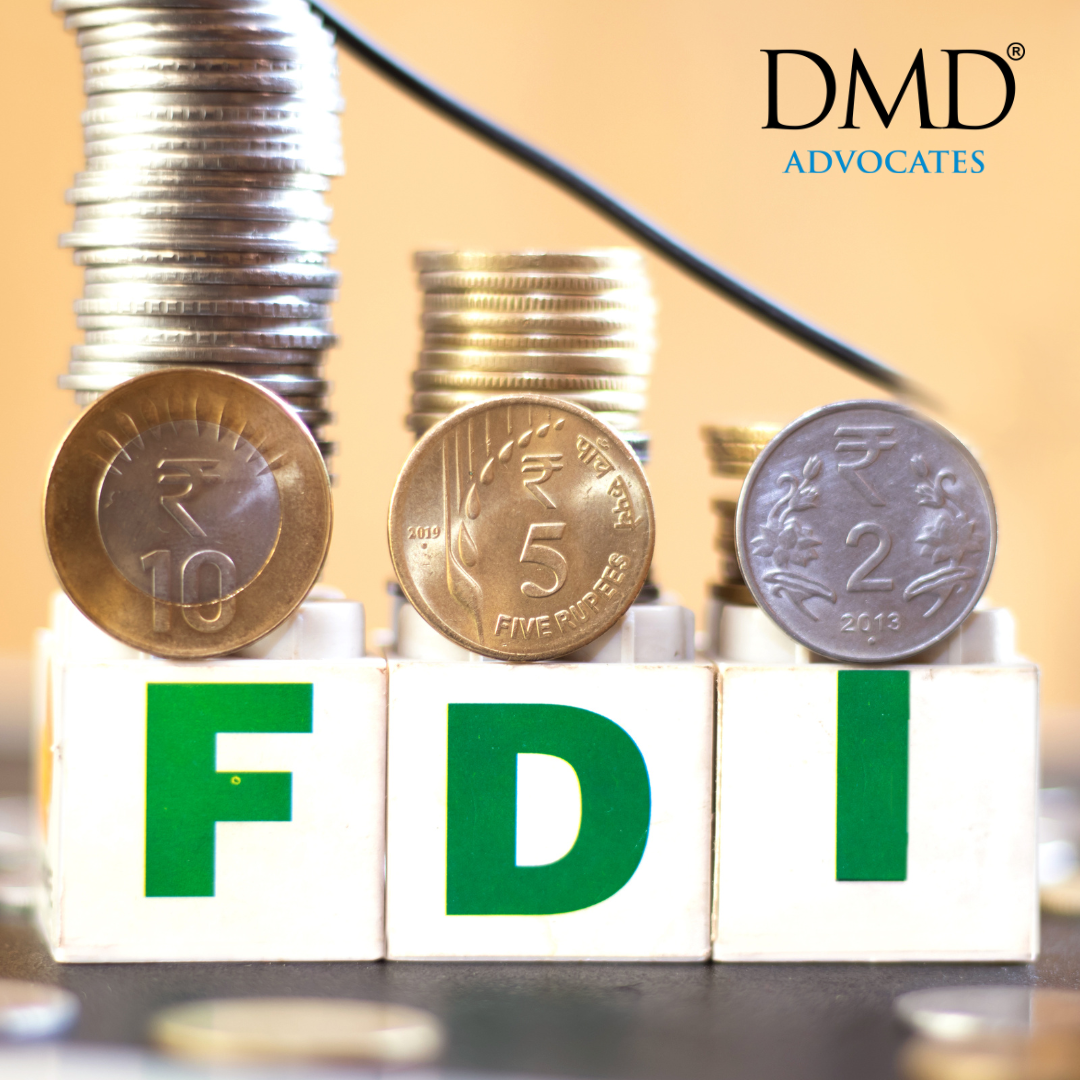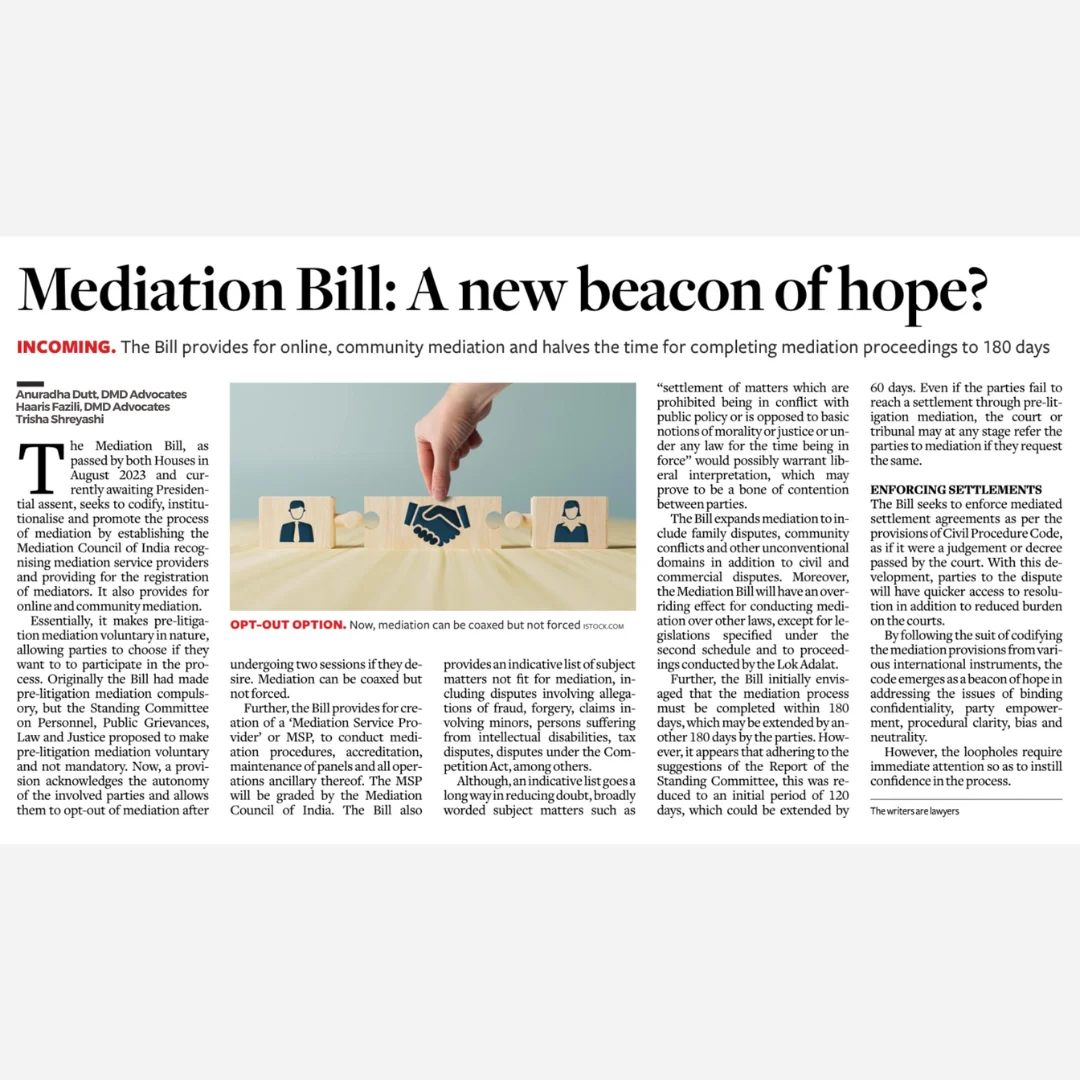Publications
Busting the Myth Around Compounding Competition Law Violations
02 Jun 2023
- DMD Advocates
- Article
Competition Commission of India (CCI) has recently got its fifth Chairperson, after a hiatus of around seven months. CCI had a rather dry spell after its last Chair had retired in October 2022 until the government invoked the doctrine of necessity to allow CCI to clear certain high-value M&As which were stuck due to lack of quorum. On 23 May 2023, CCI went back to being fully functional and a spurt of enforcement orders is now imminent. The government has also enforced certain provisions of the Competition Amendment Act, 2023 (Amendment Act), including enhanced penalty for misrepresentation in merger control cases and a 25% penalty pre-deposit to appeal a CCI order. More crucial provisions such as deal-value based merger threshold, penalties based on total global turnover, and settlement of CCI cases need to wait a bit longer until CCI finalizes ancillary regulations necessary to implement them.
To put to rest discussions around the possibility of any criminal connotation associated with certain competition law violations due to the usage of words ‘offence’ and ‘punishable with fine’, the Amendment Act has replaced them with ‘contravention’ and ‘liable to a penalty’, respectively. The only criminal provision under the amended law is for non-compliance of certain orders which provides CCI the power to approach the courts and initiate criminal proceedings which may result in imprisonment or fine or both (Section 42(3)). Since CCI does not otherwise have any power to initiate contempt proceedings, the rationale behind this criminal provision is to deter repeated attempts at flouting CCI orders. Although CCI also has the power to impose penalties for non-compliance under Section 42(2), this power was not available for non-compliance of all orders prior to the amendments. So, CCI had to resort to criminal proceedings to ensure compliance of its orders. Although it is not necessary for the CCI to first exhaust its power to impose penalties for non-compliance before initiating criminal proceedings, this might become a norm post the amendments.
The 2023 amendments have also introduced a new provision which allows compounding of ‘offences’ not ‘punishable’ with mandatory imprisonment (Section 59A). Compounding, simply put, means agreeing not to prosecute an offender in lieu of some monetary consideration. Since the concept of ‘punishment’ now exists only in Section 42(3) cases, the concept of compounding is also limited to these cases. However, due to the broad wordings used in Section 59A, some experts have indicated that compounding may also be available to competition law violations resulting in civil penalties. This could have been possible prior to the amendments when the use of words ‘offences’ and ‘fines’ was not restricted only to Section 42(3). Despite the ongoing murmurs, I do not see the possibility of a compounding window opening for competition law violations, which may ultimately lead to bypassing the CCI process and penalties. Since the amendments have introduced a separate provision for the settlement of CCI cases, there is no basis to speculate that the compounding provision could have been intended to act as an additional settlement/ leniency option.
Another contention has been that compounding is not for offences punishable with both, imprisonment ‘and’ fine. Given that Section 42(3) allows for punishment which can only be monetary fine, there is no reason to keep it out of the scope of compounding. The Companies Act also contemplates a similar situation where compounding is allowed for offences punishable with ‘imprisonment or fine or both’, but not with both ‘imprisonment and fine’. It is also important to note that CCI’s power to recover penalties imposed for violating competition rules is in addition to its power to initiate criminal proceedings for non-compliance. So, one cannot take the plea of double jeopardy to avoid either the penalty for contravention or the punishment for non-compliance. This position has already been settled by courts.
Given a great deal of pendency in courts, compounding is generally considered to be a more efficient option. The Supreme Court in a matter relating to compounding under a different statute observed that the interest of justice will be better served if parties resorted to compounding at an early stage instead of engaging in protracted litigation thereby causing undue delay and strain on judiciary. It also issued guidelines to impose additional costs if compounding was not exercised within the first two hearings. The more the delay, higher the costs. Such learnings from the experience from other statues could form the basis of some guidance which may be published to ensure that the new provision on compounding is not abused. Such guidance may also cover certain important issues such as, calculation of compounding amount and availability of the compounding option to repeat offenders. For example, under the Companies Act, compounding is not allowed if an offender has compounded a similar offence in the previous three years. It is also interesting to note that the use of the word ‘may’ in the new provision clarifies that compounding cannot be claimed as a matter of right by an offender. This is because the objective behind allowing compounding is not to defeat the purpose or efficacy of Section 42(3). Courts must consider CCI’s objections (if any) before allowing compounding and ensure that the provision is not misused as a delay tactic or to circumvent the punishment.
The article has been authored by our Competition Partner, Vivek Agarwal, associate Divyansh Prasad, and associate Rohan Zaveri.
